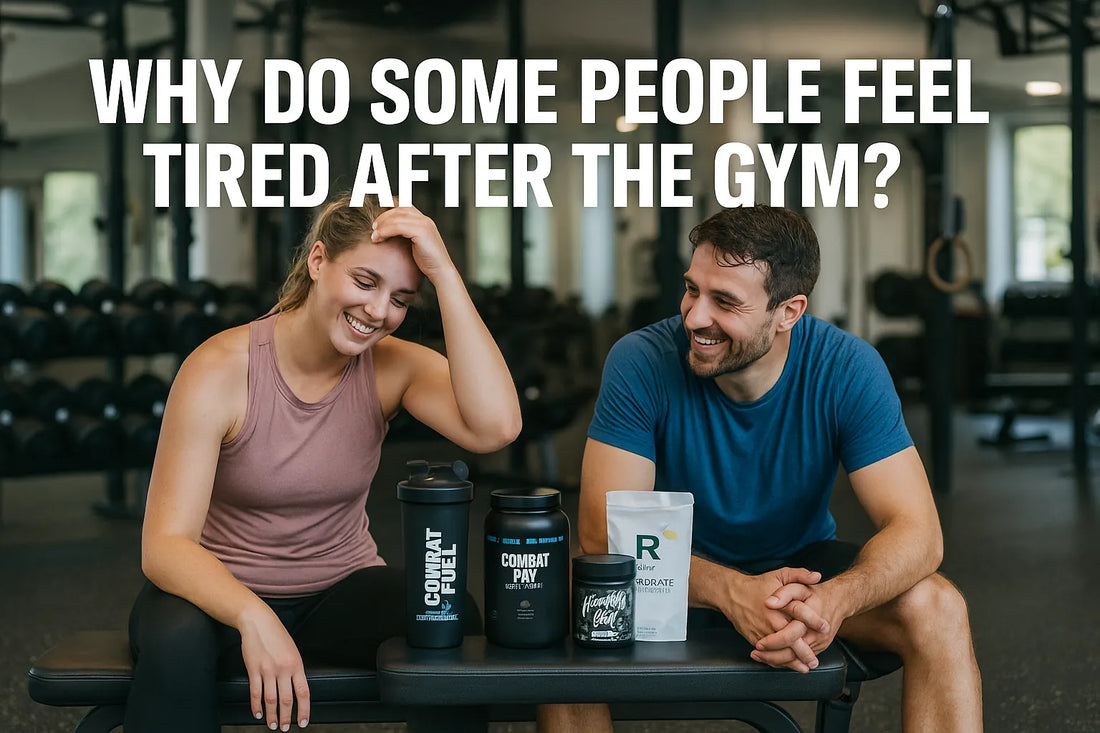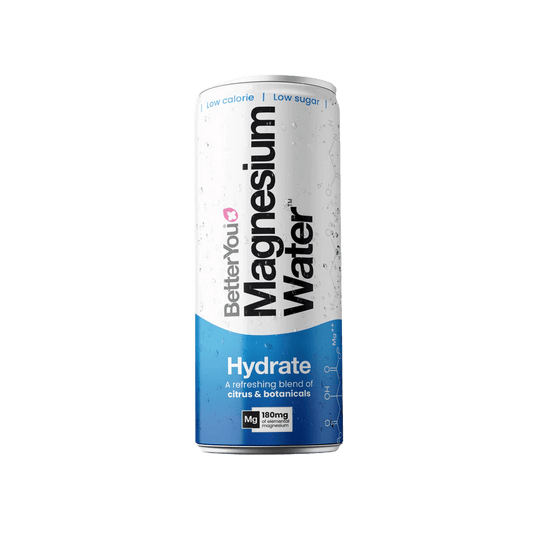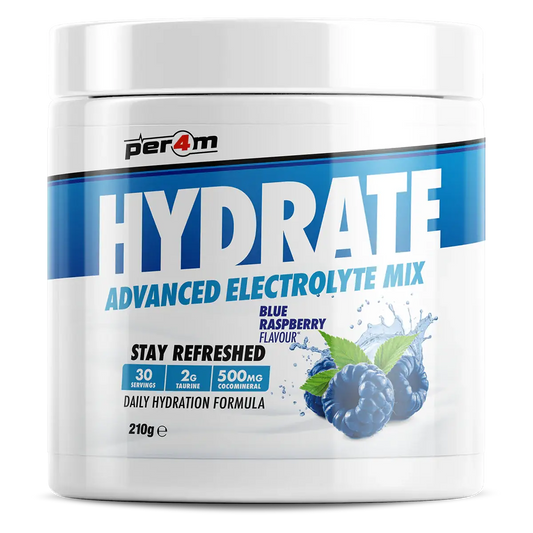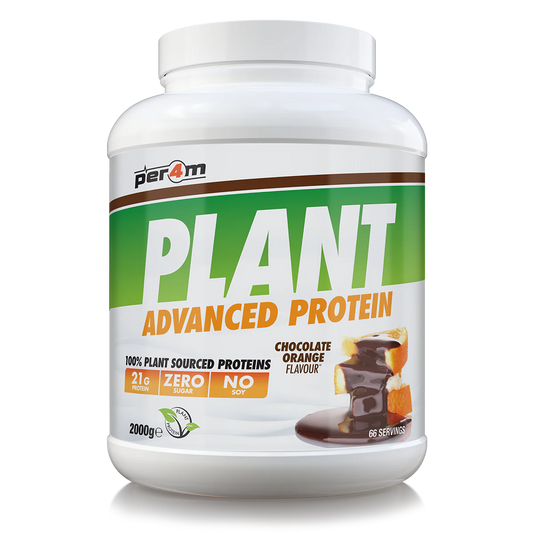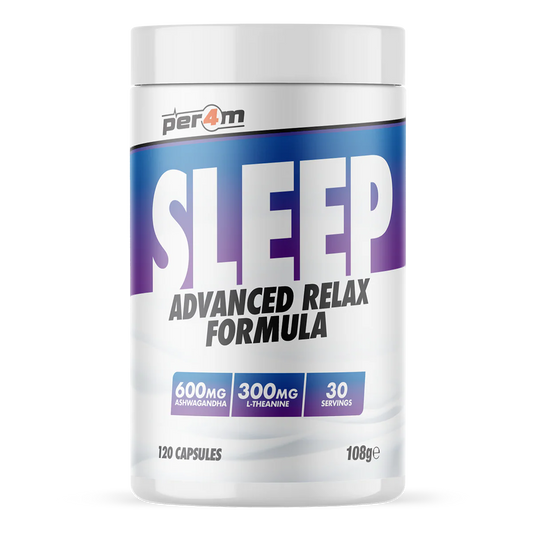Introduction: When the Gym Leaves You Drained Instead of Energised
You’ve just smashed a workout. You’re sweaty, your heart rate is coming down, and instead of feeling pumped and ready to take on the day… you’re wrecked. For many people, the post-gym reality is one of yawns, sluggishness, and sometimes even the desperate urge to nap.
But isn’t the gym supposed to make you feel energised? Aren’t endorphins meant to lift your mood and leave you buzzing? While it’s true that exercise can increase energy levels, the story is more complicated. Post-workout fatigue is a common experience — and it can range from a temporary dip in energy to signs of overtraining or poor recovery.
In this deep dive, we’ll break down why the gym sometimes makes you tired, how long that tiredness should last, and what you can do to fix it. We’ll also explore practical recovery tools — from hydration and nutrition to supplements like Combat Fuel Clear Whey, Naughty Boy Prime Creatine, and Per4m Sleep — that can help you bounce back stronger.
1. Why Am I So Exhausted After the Gym?
The first step to fixing post-workout tiredness is understanding why it happens. When you train, you’re not just building strength or burning calories — you’re putting stress on multiple systems in your body.
Glycogen Depletion
Your muscles run on glycogen (stored carbohydrate). A tough lifting session or intense cardio drains those stores, leaving you feeling flat. It’s why endurance athletes famously “hit the wall” when glycogen runs out — the body simply can’t fuel performance at the same level.
A quick way to restore energy is with fast-digesting protein and carbs. This is where Combat Fuel Clear Whey shines. Unlike creamy shakes, clear whey digests fast, delivers amino acids quickly, and pairs well with a piece of fruit for glycogen replenishment.
Blood Sugar and Insulin Drops
After exercise, blood sugar can temporarily crash — especially if you haven’t eaten properly beforehand. This dip contributes to feelings of shakiness, tiredness, or even irritability.
Dehydration
Even mild dehydration (losing as little as 1–2% of body weight through sweat) can cause fatigue, brain fog, and headaches. Products like Per4m Hydrate Electrolyte Mix or Optimum Nutrition Electrolyte Powder help replace lost sodium, potassium, and magnesium, speeding up recovery.
Central Nervous System Fatigue
It’s not just your muscles that get tired — your brain and nervous system do too. Heavy lifting and high-intensity training stress your CNS, which can leave you mentally drained.

2. What Is Exercise Fatigue Syndrome?
Occasional tiredness is normal. But when exhaustion becomes the default, you may be edging toward what’s sometimes called exercise fatigue syndrome.
This isn’t a clinical diagnosis but a way to describe chronic, long-term tiredness caused by repeated training stress with inadequate recovery.
Causes
-
Training too often without enough rest days
-
Undereating or not getting enough protein
-
Poor hydration and electrolyte imbalance
-
Stress outside the gym (work, relationships, lack of sleep)
Hormonal Impact
Long-term overtraining can disrupt hormones, increasing cortisol (stress hormone) while lowering testosterone and growth hormone. The result? You feel tired, recover slower, and sometimes even lose muscle.
Recovery Solutions
-
Naughty Boy Prime Creatine: Helps restore ATP (your body’s energy currency) so muscles and energy bounce back quicker.
-
Combat Fuel Clear Whey: Delivers protein for repair without sitting heavy on the stomach.
-
Per4m Hydrate Electrolyte Mix: Keeps hydration levels topped up so fatigue isn’t worsened by electrolyte imbalances.
3. How Do You Tell If You Are Overtraining?
There’s a difference between healthy fatigue (the good kind that signals a workout did its job) and chronic exhaustion. If you feel wrecked after every gym session and it lingers into the next day, you might be flirting with overtraining.
Common Signs of Overtraining
-
Persistent tiredness even after rest
-
Trouble sleeping or waking up unrefreshed
-
Decreased performance (lifting less, running slower)
-
Frequent colds or illnesses
-
Mood swings or irritability
The Role of Sleep
Sleep is where your body repairs itself. If you’re not recovering properly, fatigue will stack up fast. Per4m Sleep is designed to support this process, blending ingredients like magnesium, zinc, and herbal extracts to promote deeper, restorative rest.
Balancing Training and Recovery
The best athletes know: rest is a training tool. Pushing harder isn’t always the answer. Supporting recovery with BetterYou Magnesium Water (for relaxation and muscle function) can help prevent the chronic fatigue spiral.

4. How Long Should Tiredness Last Post-Exercise?
Here’s the reality: feeling a little tired after training is normal. But it shouldn’t dominate your day.
The Normal Range
-
Mild tiredness: 30–60 minutes after finishing
-
Deeper fatigue: 1–2 hours, especially after a tough session
-
Beyond 2 hours: could indicate under-fueling, dehydration, or lack of recovery habits
Red Flags
If you’re wiped out for the rest of the day, skipping commitments, or dreading your next session because of exhaustion — that’s a sign something’s wrong.
Supplements That Help
-
BetterYou Magnesium Water to relax muscles and support energy metabolism.
-
Naughty Boy Prime Creatine to restore energy more efficiently between workouts.
- Per4m Sleep for consistent overnight recovery.

5. How to Recover Energy Quickly After Exercise
So, you’ve just finished training and you’re wiped. What can you do in the short term to get your energy back?
Rehydrate First
Dehydration is one of the fastest ways to feel wiped out. Water is essential, but after a sweaty session you also need electrolytes. Per4m Hydrate Electrolyte Mix and Optimum Nutrition Electrolyte Powder are both excellent for this — light, fast-mixing, and practical.
Refuel with Protein and Carbs
Protein repairs, carbs restore. A quick clear whey shake plus some fast carbs (like fruit or rice cakes) works wonders. Combat Fuel Clear Whey is especially good here because it digests quickly and doesn’t leave you bloated.
Active Recovery
Light walking, stretching, or even a sauna can help restore energy flow. It’s counterintuitive, but moving gently after training helps your body transition into recovery mode.
Sleep Later, Not Immediately
While it’s tempting to crash on the sofa after a tough session, short naps can sometimes leave you groggier. Instead, prioritise proper sleep at night — with support from supplements like Per4m Sleep if needed.
Closing Part 1
Fatigue after the gym isn’t a failure — it’s feedback. Your body is telling you something about your recovery, hydration, or overall balance. The good news is that with the right adjustments, you can go from feeling drained to feeling recharged after training.
In Part 2, we’ll dive deeper into preventing post-gym tiredness altogether: how to avoid fatigue before it starts, how many days a week you should really train, and whether you should push through or rest when you’re already exhausted.
Why Do Some People Feel Tired After the Gym Instead of Energised? (Part 2)
6. How to Avoid Fatigue After a Workout
Prevention is better than cure — and with the right habits, you can massively reduce the chance of leaving the gym feeling like you’ve been steamrolled.
Fuel Before Training
Many people underestimate pre-workout nutrition. Training on an empty stomach can be effective for fat loss, but it also increases the risk of post-gym fatigue. A light meal with protein and carbs 60–90 minutes before training provides fuel and stabilises blood sugar.
-
Example combo: Per4m Advanced Whey shake with oats or fruit.
-
If you’re short on time: a scoop of Combat Fuel Clear Whey digests fast and won’t weigh you down.
Hydrate Throughout the Day
Don’t just slam water after training. Hydration needs to be a daily habit. Adding Per4m Hydrate Electrolyte Mix to your bottle during training helps maintain energy and prevents mid-session dips.
Support Recovery Nutritionally
Recovery begins the second you stop training. Clear whey proteins like Combat Fuel Clear Whey speed up repair, while Naughty Boy Prime Creatine replenishes ATP stores so you’re ready to go again tomorrow.

7. Can Too Much Exercise Cause Tiredness?
Absolutely. The harder you push, the more recovery you need. If you ignore that balance, you’ll end up in an energy deficit.
Overtraining and Burnout
Training too frequently without enough recovery time leads to chronic tiredness, irritability, and even sleep disturbances. This isn’t “mental weakness” — it’s biology.
Strength vs. Cardio
Heavy resistance training taxes the nervous system, while high-volume cardio depletes glycogen. Both can cause fatigue if overdone. Balance is key.
Rest as Strategy
The most successful athletes build rest into their routine. Supplements like Per4m Sleep and BetterYou Magnesium Water help maximise downtime, ensuring you wake up refreshed rather than run down.
8. How Many Days a Week Should I Workout?
There’s no single answer — but the “sweet spot” for most people is 3–5 days per week.
-
Beginners: 3 full-body workouts with recovery days in between.
-
Intermediate lifters: 4–5 sessions, often split routines (e.g., upper/lower or push/pull/legs).
-
Advanced athletes: Up to 6 sessions — but only if nutrition, sleep, and recovery are optimised.
Training every day might feel hardcore, but if you’re always tired after the gym, it’s a sign you’re doing too much. Remember, growth happens in recovery.

9. Should You Workout If You Feel Extremely Tired?
This is a crucial question. The answer depends on why you’re tired.
-
If it’s mental tiredness (work stress, long day): A light session or even just 20 minutes of movement can actually energise you.
-
If it’s physical tiredness (sore muscles, heavy fatigue, poor sleep): Forcing a hard workout can make things worse.
The Rule of Thumb
If you’re questioning whether to train, ask yourself: Will this session help me recover or set me back further?
Active recovery days — light cardio, stretching, yoga, or even a shake and a walk — can be more productive than dragging yourself through a brutal workout.
Here, hydration support from Optimum Nutrition Electrolyte Powder and low-impact supplementation with Naughty Boy Prime Creatine can help keep the body balanced on “off” days.
10. Why Doesn’t Working Out Give Me Energy?
Exercise can increase energy in the long run — but only if the balance between stress and recovery is right.
The Energy Curve
-
During training: Endorphins and adrenaline make you feel energised.
-
After training: Your body shifts into recovery mode, which can feel like fatigue.
-
Over time: If recovery is managed properly, you build stamina and resilience — workouts leave you feeling better, not worse.
Why Some People Miss the Energy Boost
-
Training too hard without recovery
-
Poor sleep hygiene
-
Under-fueling (low protein, low calories)
-
Ignoring hydration
Adding in tools like Combat Fuel Clear Whey post-training, BetterYou Magnesium Water before bed, and Per4m Sleep for deeper rest can flip the script — so your workouts energise you rather than drain you.
FAQs: Post-Gym Fatigue Explained
1. Why do I feel tired instead of energised after working out?
Because exercise is stress. If recovery, nutrition, and hydration don’t balance that stress, fatigue takes over instead of energy.
2. Does dehydration cause tiredness after the gym?
Yes — even a 1–2% drop in body fluids can cause fatigue, brain fog, and reduced performance. Electrolytes help restore balance.
3. Why am I more tired after cardio than weights?
Cardio depletes glycogen more aggressively, while weights tax the nervous system. Both can leave you tired, but for different reasons.
4. Is it normal to feel sleepy after lifting weights?
Yes — CNS fatigue plus glycogen depletion can trigger sleepiness. It should only last an hour or two if recovery is managed.
5. What should I eat or drink if I feel tired after the gym?
Protein + carbs + electrolytes. A clear whey shake with fruit and water mixed with electrolytes is a near-perfect combo.
6. Can creatine help reduce tiredness?
Indirectly, yes. Creatine supports ATP regeneration, so energy comes back quicker between and after workouts. Naughty Boy Prime Creatine is ideal.
7. How long does post-gym tiredness usually last?
30–60 minutes for most people. If it drags on for hours, you may need more food, water, or sleep.
8. Should I push through if I’m always tired after the gym?
No — persistent fatigue is a sign of overtraining or poor recovery. Dial it back, rest, and adjust your nutrition.
Conclusion: Turning Post-Gym Fatigue Into Post-Gym Energy
Feeling tired after the gym doesn’t mean you’re weak or doing something wrong — it’s your body’s way of asking for balance.
With the right approach to nutrition (Combat Fuel Clear Whey, Per4m Advanced Whey, Per4m Plant Protein, Naughty Boy Whey), recovery (Naughty Boy Prime Creatine, Per4m Sleep, BetterYou Magnesium Water), and hydration (Per4m Hydrate, Optimum Nutrition Electrolyte Powder), you can shift from drained to energised.
Instead of dreading that post-gym crash, you’ll leave your workouts feeling stronger, sharper, and ready for whatever the day throws at you.

